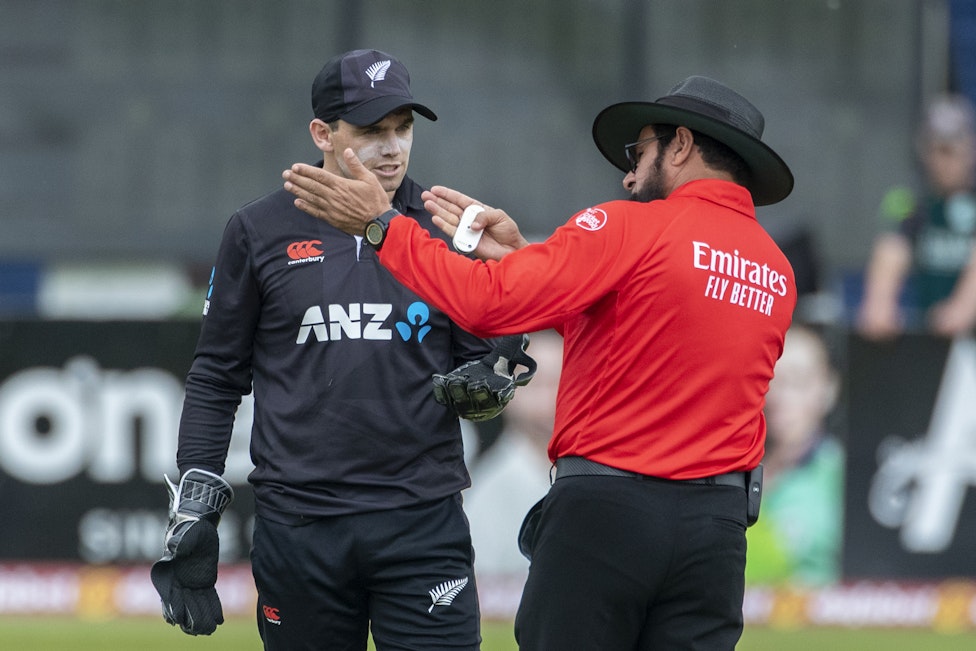 NEWS
NEWSThe ICC confirmed that DRS will not be available for the World Cup Qualifiers, but there will be a third-umpire monitoring run-outs.
DRS was introduced by the ICC in 2009, and its bills for non World Cup events are funded by the host broadcasters. So, most associate nations find it too expensive a service to avail. It was first introduced in the 50 over World Cup in 2011.
While the absence of DRS could have an effect on the results, as seen in the last edition of the Qualifiers, players would want to look at this as an upgrade from the 2018 edition, which did not have third-umpires for most games. However, the absence of any review tools could be a hindrance for the participating teams.
There were multiple instances of teams being given a hard bargain with incorrect decisions; the most prominent one being in West Indies' final league stage match against Scotland. Scotland were cruising towards their target, when Richie Berrington was wrongly adjudged LBW to Ashley Nurse. Scotland ended up losing the rain-shortened game by five runs.
The recently concluded Qualifier Playoff also went ahead without DRS. Namibian captain, Gerhard Erasmus, took to social media to point this out. He mentioned that associate teams were made to "eat last" when it came to officiating.
Zimbabwe will be hosting this edition's World Cup Qualifiers from June 18 to July 9. It will include 10 teams; the five teams who finished bottom of the World Cup Super League, the top three teams from the ICC World Cup Cricket League 2, and the top two teams from the Qualifier Playoffs.
The top two teams from the World Cup Qualifiers will join the eight prequalified teams at the main event, the ICC Cricket World Cup. Thankfully, the 2027 and 2031 editions of the main event will see 14 teams fighting it out for the title.